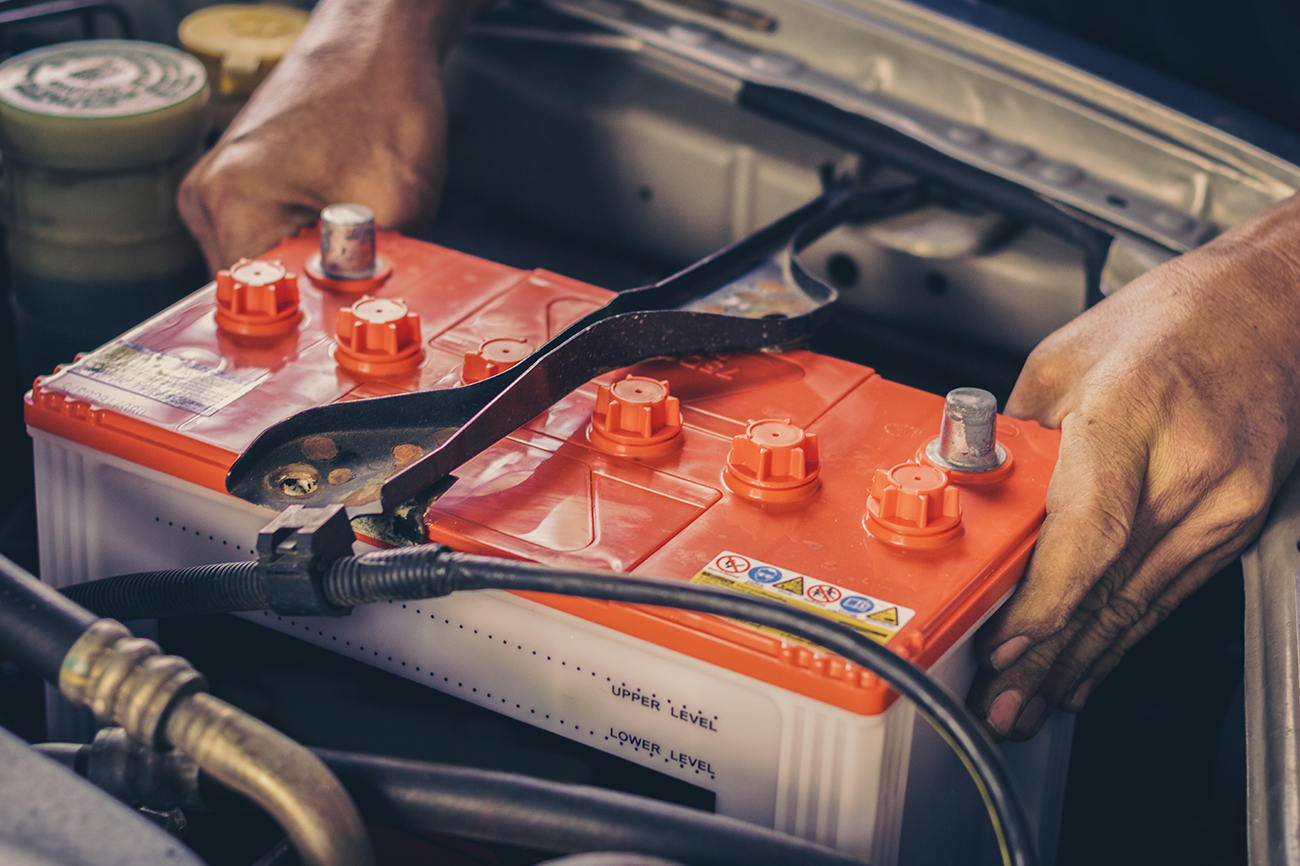
Understanding Charging Time is critical for anyone looking to optimize battery performance, whether in consumer electronics, electric vehicles, or renewable energy systems. Proper charging practices not only reduce downtime but also extend battery life and improve overall efficiency. This guide explores how charging time affects battery efficiency and provides strategies for improving both speed and longevity.
The Importance of Charging Time
Charging time impacts battery performance in multiple ways. Too slow, and it limits device usability. Too fast without proper management, and it can cause overheating, reduced capacity, or permanent damage. By managing charging time effectively, users can ensure maximum efficiency and longer service life for their batteries.
Key Impacts of Charging Time
- Battery Efficiency: Optimal charging maximizes the energy stored relative to the energy supplied.
- Device Availability: Faster, efficient charging reduces idle time and ensures devices or vehicles are ready for use.
- Battery Lifespan: Controlled charging prevents chemical stress and capacity loss, preserving long-term performance.
Factors Affecting Charging Time
Battery Chemistry
Different chemistries respond differently to charging currents. Lithium-ion batteries allow faster charging than lead-acid types, while LiFePO4 batteries combine fast charging with high thermal stability. Understanding your battery’s chemistry is essential for optimizing charging time.
Charger Specifications
Charger output voltage and current directly affect how quickly a battery charges. Using the correct charger ensures charging time is minimized without compromising battery health.
Environmental Conditions
Temperature extremes can slow down chemical reactions in batteries, increasing charging time and reducing efficiency. Charging in controlled environments helps maintain consistent performance.
State of Charge
The initial battery level affects the duration required to reach full charge. Batteries starting at a low state of charge will naturally take longer. Maintaining moderate charge levels when possible can reduce total charging time over the battery’s lifespan.
Strategies to Improve Charging Efficiency
Use Smart Chargers
Smart chargers adjust current and voltage according to the battery’s state, temperature, and health. This reduces unnecessary charging time and prevents overcharging, maximizing efficiency.
Implement Multi-Stage Charging
Charging in multiple stages—constant current followed by constant voltage—speeds up the initial charge while protecting the battery in later stages.
Monitor Battery Temperature
Maintaining optimal temperature during charging prevents chemical reaction slowdowns and reduces total charging time. Many modern chargers include thermal monitoring for this purpose.
Avoid Deep Discharges
Frequent deep discharges increase charging time and battery wear. Keeping batteries within recommended charge ranges improves efficiency and reduces total charging duration.
Optimizing Charging Time for Different Applications
Consumer Electronics
For smartphones, laptops, and tablets, fast and efficient charging ensures convenience without compromising battery health. Using chargers designed for the specific device is essential.
Electric Vehicles
EVs require precise charging management to reduce downtime. Fast chargers with thermal management systems allow quicker charging without affecting long-term battery performance.
Renewable Energy Systems
In solar or wind energy storage, proper charging time planning ensures batteries are replenished efficiently, maximizing energy use and storage capacity.
Benefits of Managing Charging Time
- Reduced Energy Wastage: Efficient charging prevents energy loss due to overcharging or prolonged idle charging.
- Improved Battery Performance: Proper charging techniques maintain capacity and efficiency over the battery’s lifespan.
- Cost Savings: Reduced charging time and energy wastage translate into lower operating costs.
- Enhanced Reliability: Batteries charged efficiently are less prone to failure, ensuring consistent performance for devices, vehicles, or energy systems.
Tools to Optimize Charging Time
Using online tools like the Charging Time Calculator can help users plan and predict charging times accurately. These tools account for battery type, capacity, charger output, and efficiency, providing reliable estimates for planning operations.
Conclusion
Charging time is a fundamental factor in battery efficiency and longevity. By understanding the factors affecting charging time, using smart charging methods, monitoring temperature, and avoiding deep discharges, users can significantly improve battery performance. Whether managing consumer electronics, EVs, or renewable energy systems, optimized charging practices reduce downtime, save energy, and extend battery lifespan, ensuring reliable and efficient power availability.






